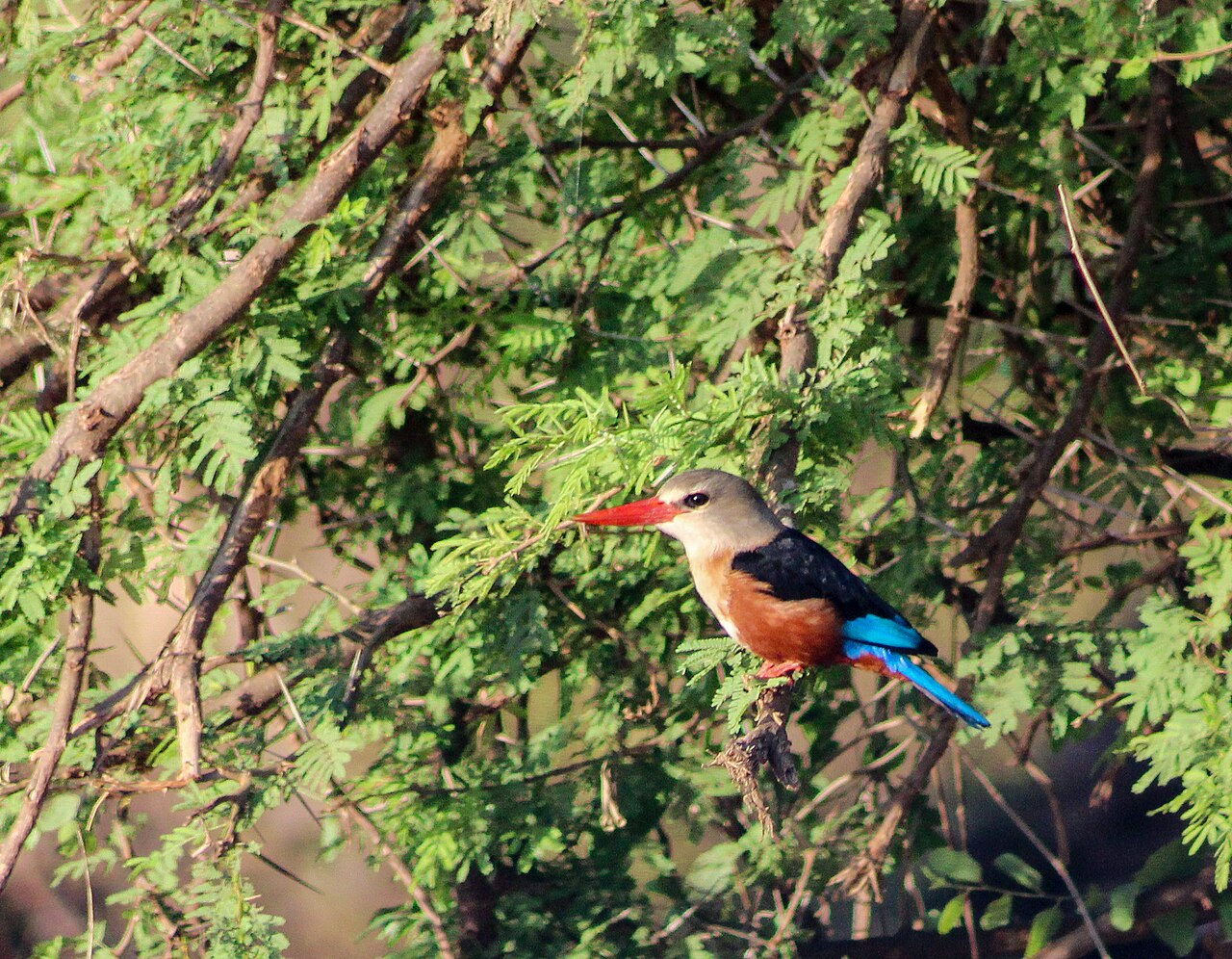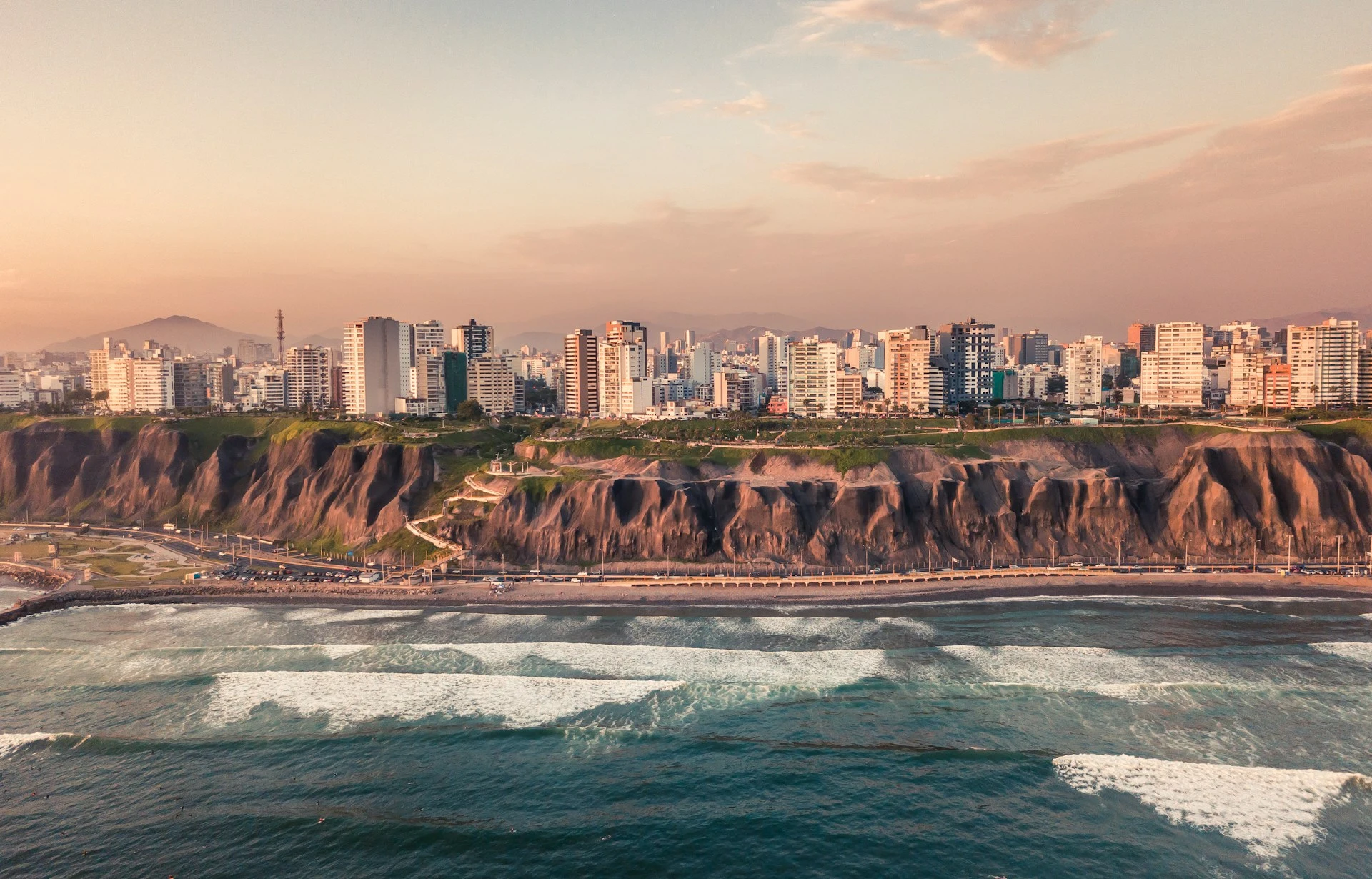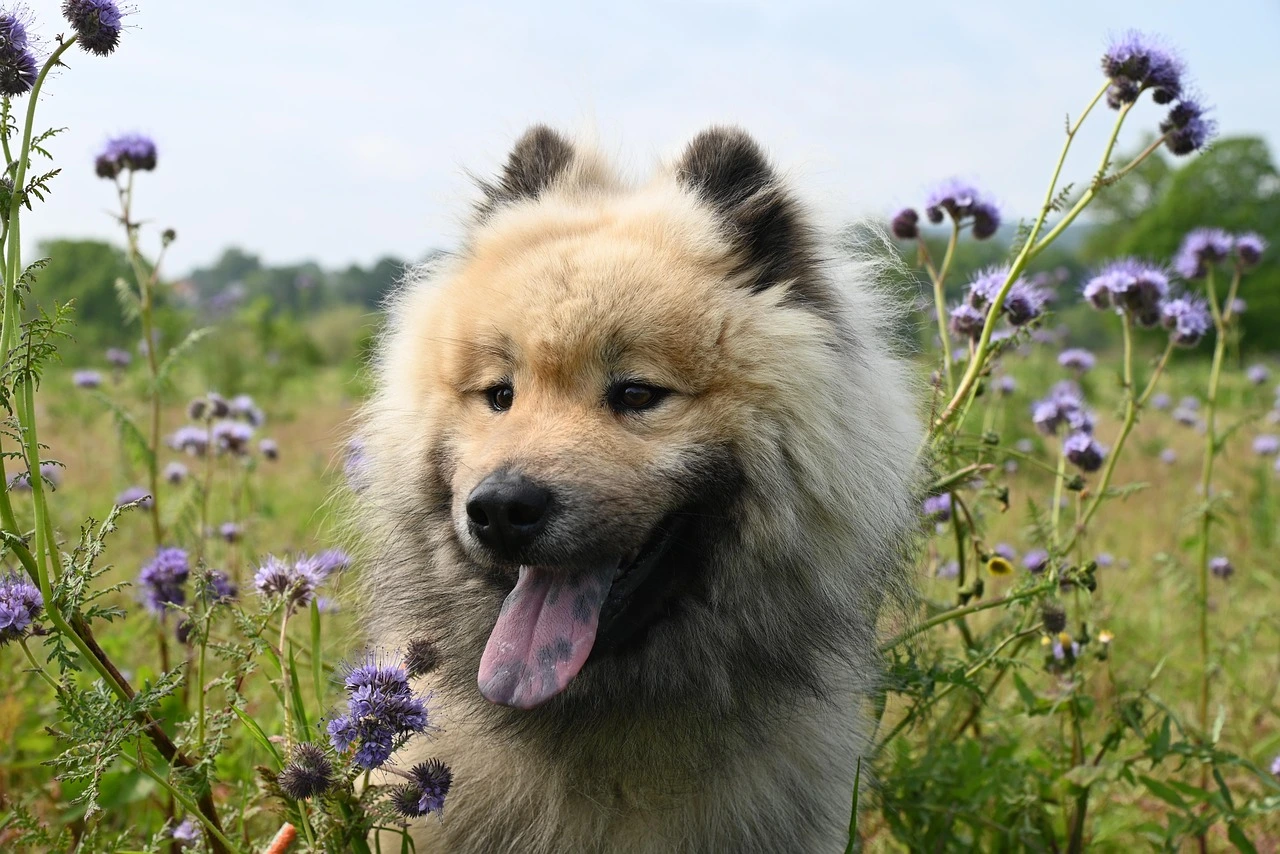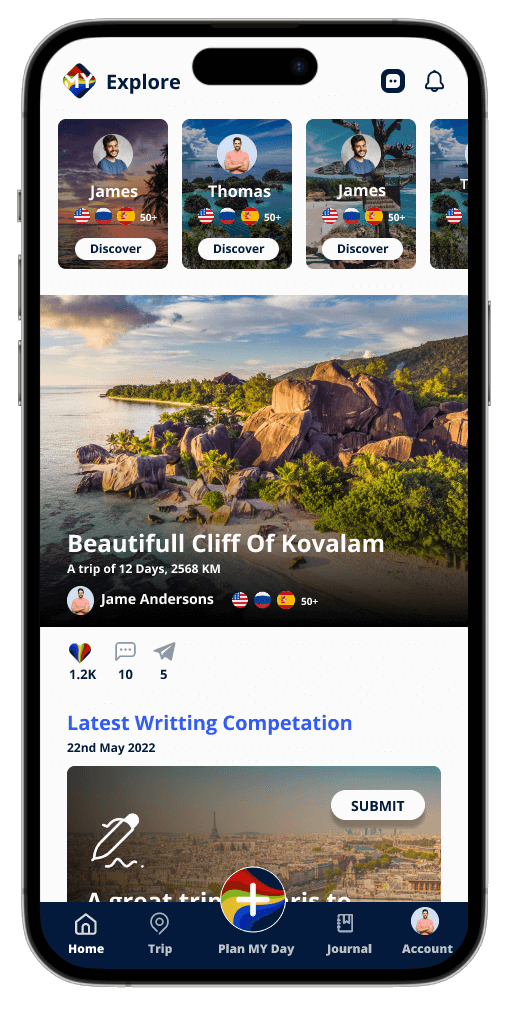With the international travel bans lifted following the COVID-19 pandemic, many of us are searching for a once-in-a-lifetime adventure to make up for lost time cooped away at home.
If you’re one of those people, then safaris in Kenya are your best bet for all things adventurous. From 1920 to 1963, Kenya was a colony of the United Kingdom. However, it is now a republic with a president, the Bunge (national assembly), and a judiciary.
Many people believe—with scientific proof to back it up—that all humankind comes from the Northern Kenyan and Tanzanian regions of the world, hence their moniker being “The Cradle of Mankind.” It has some of the oldest human fossils ever discovered in the whole world.
The oldest known human fossil resides here. They call him “Turkana Boy,” and he is about 1.5 million years old!
Due to Kenya being near Tanzania’s Serengeti park and being the location for the Masai Mara National Reserve, it is no surprise that it’s been recognized by the World Travel Awards in 2015 for being the world’s leading safari destination; and they haven’t been dethroned from this title yet! The culture of Kenya is as rich as its sights, so let’s take a look at how traditional beliefs and values have shaped this African country before we give you all the travel tips you’ll need before your visit.
The Culture of Kenya
At the heart of Kenyan culture is values of humility, maintaining kinship ties, and storytelling. The spirit of Harambee, or pulling together as a community, is the core of what Kenyans believe in. Family is very important and extends out to aunts, uncles, and cousins.
Religious services for Christian, Muslim, and Hindu communities is also a communal experience for families. Furthermore, dinner is an important meal because it brings all the family together.
Many high schools aren’t co-ed as teens of different genders may only interact under adult supervision. Thus, bringing a girlfriend or boyfriend home is extremely rare.
In rural areas, many teens help their family on the farms. And although school is free, a lot of children miss out on classes because they help with tending the cattle or fetching water. Along with storytelling, music is an important cornerstone of Kenyan culture. These are ways to pass ancestral traditions down to younger generations.
Deep in rural areas of the country, superstition is common. Traditions heavily influence things like child naming, rites of passage, marriages, and burials.
However, these traditions and practices vary from community to community as there are 42 of them! Some who follow traditional African lifestyles live in huts, walk barefoot, dress in robes, and decorate their hair with colored soils.
For example, the highly-respected Maasai tribe has continuously resisted any attempts at modernization and fully embraced their nomadic way of life that revolves around cattle.
Language in Kenya
Linguistically, Kenya is extremely diverse. There are 42 ethnic dialects, but the majority of the population speaks at least three languages.
English is the official language of the country, but Swahili, or Kiswahili, is the national language of every Kenyan. People also speak Sheng, which is a mix of English, Swahili, and a bit of other indigenous languages.
Sheng is common in urban areas and very popular with politicians who want to diversify their audience and/or attract youths.
Food in Kenya
Food and meals in Kenya are a way for people to spend time together. It is common for Kenyan people to invite you for some nyama choma, which is a traditional dish of barbecued meat on an open fire with ugali (cornmeal) and sukumawiki (collard greens/vegetables). They also eat rice, bread, and fish, and meat eaten is typically beef, goat, or lamb.
Food staples also vary based on different groups. For instance, the Kikuyu, Embu, Meru, and Kisii tribes, their staple is grains, while coastal communities like Luo are more fish and seafood-focused.
For the Turkana tribe, they focus on foods from sorghum, a plant-based protein. Working families in the city usually eat rice, stew, and chapati (flatbread).
There is a slew of arts and crafts practiced in Kenya, a lot of which you can buy:
- Sisal baskets
- Kangas (women’s wraparound skirts with swahili proverbs on them)
- Tribal masks
- Animal wood carvings
- Maasai bead jewelry
- Soapstone sculptures
- Kikoi textile sarongs
Green Travel in Kenya
On top of all this, Kenya has taken many initiatives to be a greener country. Their current project under the Green Climate Fund is to enhance community resilience and water security. You can check this link to see their other projects. Fun fact: the biggest export in Kenya is coffee!
Now, with all of that in mind, let’s take a look at what you need to know before planning your safari adventure in Kenya.
Safaris in Kenya – Traveling Amidst the Lions
We’ve broken down the tips into smaller categories for you, so feel free to look over whichever sections you need to while preparing for your safaris in Kenya!
Packing and What to Wear
It’s wise to pack light. On the bush plane flights, there are weight restrictions with a limit of 33 pounds. This is including both your checked luggage and hand luggage. Your best bet is to pack a soft-sided duffel bag because they’re easy to put in the luggage hold and transport in an open safari vehicle.
Plastic bags were banned in Kenya in 2017, so do not bring them. If they’re found in your luggage during a search, you run the risk of being fined.
When it comes to clothing, go for khaki, tan, or brown colors. Colors like red and white will alarm animals, and blues and blacks will attract the tsetse flies.
Loose-fitting, long-sleeved shirts, long pants, and sturdy hiking shoes are a must to keep these flies from biting your exposed skin. Tennis shoes and flip-flops are out, but hats and sunglasses are definitely in.
Also, you can’t wear camouflage; camo is reserved for the Kenyan military only! Dressing in layers is wise to keep you warm during those chilly early morning/late evening safari drives and cool for that midday heat.
Top three things to pack with you are
- Bug repellent: spraying down your room before you sleep is a smart way to avoid those pesky tsetse flies.
- A Camera: these are great for capturing memories you can add to your journal through ALLMYNE, but we also recommend that you take time to enjoy the moment and look at Kenya without the lens.
- Binoculars: thank us later!
Accommodations
Most lodges have safes for valuable belongings like your passport. You can also call for assistance via an air horn or walkie talkie depending on where you stay if you’re ever in trouble.
Meals are usually a fixed menu, and there are 24-hour laundry services so you can pack less and recycle outfits. All guests should not walk around the camp at night alone. There is armed staff to accompany you back to your room when it’s dark out.
Camps will also have treated mosquito nets over your bed to help keep the bugs away. If you find a gecko in your room, don’t panic! They’re completely harmless and help minimize the amount of insects.
When to Visit
When you should visit depends on what you want to see. The average climate in Kenya during the summer is 68° F (20° C) to 93° F (34° C) and 64° F (18° C) to 84° F (29° C) during the winter.
With that, the dry seasons are also their peak seasons, which is July to October and January to February. The wet season is from March to May and is a great time to get stellar pictures of thunderstorms.
A lot of tourists want to see the famous wildebeests. If you’re one of those who has the wildebeest migration on your bucket list of things to see, then you’ll want to visit at some point between July and September.
From January to February is calving season, so that’s a good time to see baby animals. If you want to go snorkeling or diving, you should visit from January to March; and if you want to see the whale shark migration, you’ll want to go anytime from October to March.
Finally, if you want to climb Mount Kenya, the second tallest mountain in Africa, you should visit either from January to March or June to September.
Know Before You Go (Entry to Kenya and Other Tips)
Before you plan your trip to Kenya through ALLMYNE, you should know a few things.
- If you aren’t a citizen of a small Commonwealth country, you will need a Tourist Visa to travel to Kenya, So, Americans, British, Canadians, Australians, New Zealanders, and Europeans need to have one. In order to get one you need the three following documents: a tentative travel itinerary (your ALLMYNE guide can help you with this!), your place of residence in Kenya, and proof of funds to sustain your travel. If you decide to travel to other Eastern African countries from Kenya, you can get a visa in Nairobi for about $50 USD.
- There are vaccinations you should get before visiting. The one that is required is the yellow fever vaccination. You should also strongly consider getting the hepatitis A, typhoid, and TDP (tetanus, diphtheria, and polio) vaccines. For high-risk travelers, you should get the cholera and rabies vaccines, too.
- Safari guides in Kenya, especially ones from ALLMYNE, are the way to understanding local cultures because they’re bound to be a part of one of the 42 local communities. So, use all the resources offered to you through ALLMYNE to make the most of your journey!
Your Transport Options
Some other things you should know before going to Kenya involves travel. Roads in Kenya are not like roads in developed countries. They aren’t well lit, have potholes, and frequently are stopped by animals crossing or people standing in the middle of them! Also, you should always lock your car doors, as car theft is common.
To get to a lot of the safari destinations in Kenya like Masai Mara, Amboseli, and Samburu, you will depart from the Wilson Airport, which is about 10 miles away from the Jomo Kenyatta International Airport in Nairobi.
Speaking of Nairobi, a lot of people avoid this place due to its bad reputation. However, there are tons of wonderful tourist attractions in Kenya’s capital. Exercise caution and follow your guide’s advice, and you are sure to have a wonderful time visiting it.
Kenyan Currency
The national currency in Kenya is the Kenyan Shilling, However, the USD is widely accepted, especially for excursions. Tipping is customary but not mandatory. Cash tips are the usual and can be handed to a staff member or put in a staff tip box.
It’s customary to tip drivers, porters, bar/restaurant staff, chambermaids, tour guides, game rangers, and golf caddies. Nevertheless, you should use local currency when you pay bar bills or buy souvenirs.
For USD, bills printed before 2003 are not accepted in Kenya due to the number of fake bills in circulation there. Your safest choice is to only have bills printed after 2006 just in case. There are plenty of banking facilities and ATMs, and MasterCard, Visa, and American Express are all accepted.
Safari Etiquette
While on the safari in Kenya, do not ever try to pet the wild animals, walk up to them, or attract them in any way. It’s easy to fall into the idea that they’re tame because you’re sharing their space with them, but these animals are still wild and will act wild when needed. Also, at the end of your safari you can expect to partake in what they call the Sundowner tradition.
This is where you stop to enjoy a (typically alcoholic) beverage with everyone from the trip. During safaris in Kenya, a lot of people want to see the Big 5. Leopards, lions, buffalo, and elephants are extremely easy to find, but rhinos are quite rare.
If you want to see rhinos, we recommends visiting the Lewa Wildlife Conservancy—you can see endangered zebra there, too!—or Ol Pejeta Conservancy in the Laikipia region.
While in your tent or room, don’t keep food because it will attract wild animals. And always ask permission before taking photos of local people. This is important for respecting others’ cultures, especially for people who are Islamic.
Kenya is Awaiting Your Arrival
With all of these wonderful tips to keep in mind, you’re ready to start planning your safari trip to Kenya. With ALLMYNE, we make it easy to be somewhere new while also being safe. ALLMYNE connects you with a guide who knows the ins and outs of where you want to go.
Your guide can help you plan the perfect itinerary tailored to your needs and can even follow along on your journey, opening the door to new experiences you wouldn’t enjoy on your own. On top of this, ALLMYNE is a memory-saving machine.
With ALLMYNE’s journaling feature, you can document all the moments you don’t want to forget. From photos to journal entries, ALLMYNE captures your vacation all in one place and makes it easy to convert your experience into a physical album! Plan your next adventure with ALLMYNE and take the stress out of vacationing.
Download the ALLMYNE app from the APPLE STORE or GOOGLE PLAY to seamlessly plan, capture, and share your travel journey with a global community of fellow explorers. Upgrade to our PRO subscriber level for even more perks, including audio recording in your journal, AI-powered location suggestions tailored to your interests, unlimited trip locations, and unlimited storage for all your travel memories. Download the ALLMYNE app now – the ultimate travel companion to enhance every step of your journey!



















